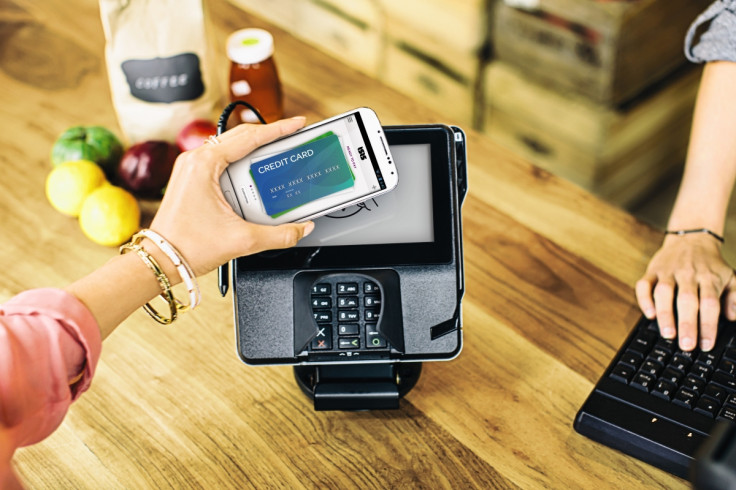How an NFC-Enabled iPhone 6 Could Revolutionise Mobile Payments

It is eight years since Nokia launched the first mobile phone to include Near Field Communication (NFC) technology and while the rest of the smartphone world has broadly adopted the technology, there has been one significant hold-out - Apple.
That is all set to change with the iPhone 6 according to numerous reports emerging in the last 24 hours, just as Apple confirmed it would be holding a media event on 9 September to launch the new iPhones.
Reports first emerged from Wired who said Apple would make an NFC-enabled payment platform one of the "hallmark features" of the company's 9 September presentation.
This was confirmed separately by sources speaking to Re/Code and well-known Apple blogger John Gruber also weighed into the debate - though it is unclear if Gruber was joking or not.
Another report in the Financial Times claims that Dutch chipmaker NXP is working with Apple to provide the NFC chips, though both companies refused to comment on the speculation.
Lots of opportunity
Back in January Apple's CEO Tim Cook gave a pretty strong indication that the company would be moving in this direction when he said:
"The mobile payments area in general is one that we've been intrigued with. It was one of the thoughts behind Touch ID. It's clear that there's a lot of opportunity there."
Apple has a huge treasure trove of 800 million customer credit cards already on file through iTunes and the App Store, putting it in a very strong position to roll out a mobile payment proposition that might actually take off.
Despite mobile payments being around for a number of years, through platforms like Google Wallet, they have yet to attain mainstream adoption. While the adoption rate is higher in certain countries - like Japan - in the UK mobile payments are moslty limited to small transactions at fast-food outlets and coffee shops.
The interest in the area in the UK however could grow significantly next month when Transport for London begins accepting payments for the Underground using mobile phones - having already introduced the system on London buses.
Chicken-and-egg
Considering that iPhones makes up 50% of the US smartphone market, it is unsurprising that retailers have not been pushing adoption of mobile payments over traditional cash and card payments.
As Jan Dawson of Jackdaw Research pointed out in this blog, the mobile payment market is a chicken-and-egg type situation:
"As long as few people have devices capable of making payments, there will be little reason for store owners to install terminals to work with them. And as long as there are few places where mobile payments can be made, users will see little reason to either buy devices that can make them or set up an account to make use of them."
While the introduction of NFC and mobile payments on the iPhone would likely boost the sector, it would not necessarily have an immediate impact:
"Were Apple to introduce such a device or devices though, it would still suffer – at least at first – from the same problem of a lack of terminals which could accept payments. Wide availability of a mass market payments solution could potentially boost sales, but it would take time," Dawson says.
© Copyright IBTimes 2024. All rights reserved.







